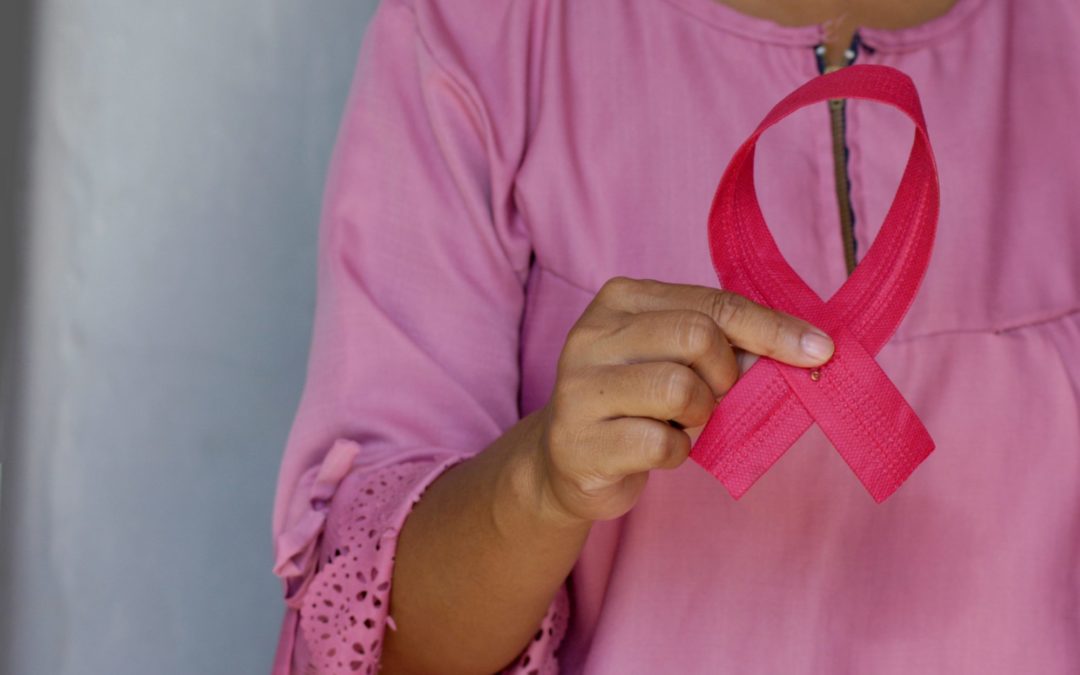1 in 8 women will be diagnosed with breast cancer in their lifetime.
March is Women’s History Month. This month, our caring medical in our women’s health department wants to do our part to educate and raise awareness on one of the biggest threats to women’s health—Breast cancer.
Breast cancer is caused when malignant cells form in the tissues of the breast. According to the National Breast Cancer Foundation, an estimated 43,600 women will die in the U.S this year. Read on to learn about the 5 breast cancers myths you need to know about.
Myth: Finding a lump in your breast means you have breast cancer
Know The Facts.
While only a small percentage of breast lumps turn out to be cancer, women (and men, too) should give themselves a breast self-exam once a month. The best time for women to perform their breast self-exam is 7-10 days after their menstrual period.
Speak to your doctor if you notice the following changes or start experiencing symptoms:
- Changes in breast tissue, such as changes in size, feeling a palpable lump, dimpling, or puckering of the breast
- Inversion of the nipple or if the nipple turned inward into the breast
- Skin changes such as redness or scaliness of the breast skin or nipple and areola area
- Discharge of secretions from the nipple.
- A lump or thickening in or near the breast or in the underarm area
- Darkening of the areola area
It is essential to contact your clinical health team to schedule a clinical breast exam. Although studies show that 8 out of 10 lumps are benign, a doctor will need to evaluate further and may need to order a breast imaging study to determine if the lump or changes are a cause for concern.

(Image: Know Your Lemons)
Myth: Your Menstrual and reproductive history have no impact on risk.
Know The Facts.
A woman’s menstrual cycle and reproductive history can contribute to breast cancer development. The following risk factors include:
- Beginning a menstrual cycle before age 12
- Never giving birth
- Being 30 years or old when first giving birth
- Starting menopause after age 55, with research showing that the number of menstrual cycles a woman in a lifetime influences risk
Women who have more than one of these factors will have a higher than those who only have one of these risk factors. 40% of diagnosed breast cancers are detected by women who feel a lump during a routine breast self-examination, which helps with early detection.
Myth: Breast cancer doesn’t affect men
Know The Facts.
According to The National Breast Cancer Foundation, men get breast cancer, too, although rare. An estimated 2,650 men will be diagnosed with breast cancer in the U.S. Approximately 530 will die this year alone.
Myth: Making healthy lifestyle choices won’t lower my risk
Know The Facts.
Although you can’t entirely eliminate your risk of breast cancer—you can drastically lower your odds through healthy choices such as proper nutrition and physical activity. Eating a high-fiber, low-fat diet (30 grams or less) loaded with fruits and colorful vegetables can help reduce the risk of developing breast cancer. Alternatively, a high-fat diet raises the risk of increasing estrogen production, fueling tumor growth.
Studies show that getting 3 hours of physical activity per week can help lower a woman’s risk of breast cancer. Try getting in daily exercise by doing yoga, power walking, or picking up a fun sport.
Myth: Smoking won’t raise my risk for breast cancer
Know The Facts.
Smoking negatively impacts your health and causes heart disease, diabetes, chronic obstructive pulmonary disease, and cancer, including breast cancer. According to the most recent research, both first and second-hand smoke increase your risk of developing breast cancer. If you are a smoker, take the necessary steps to quit to protect your health. For more support, contact us to hear about our smoking cessation program.
Contact Women’s Health Care Department For Preventative Services
Every 2 minutes, a woman is diagnosed with breast cancer in the United States. However, education and screening that help with early detection make it possible to lower our risk. Our Women’s Health Department offers a wide range of preventive services, including mammogram screenings, clinical examinations, and more. At CareWell Health Medical Center, we’re here 24/7 to serve and better protect the women’s health in our community. Keep your breast health in check and schedule an appointment for one of our preventative services today!
“Learn more about Breast Cancer Awareness.” https://www.nationalbreastcancer.org/

